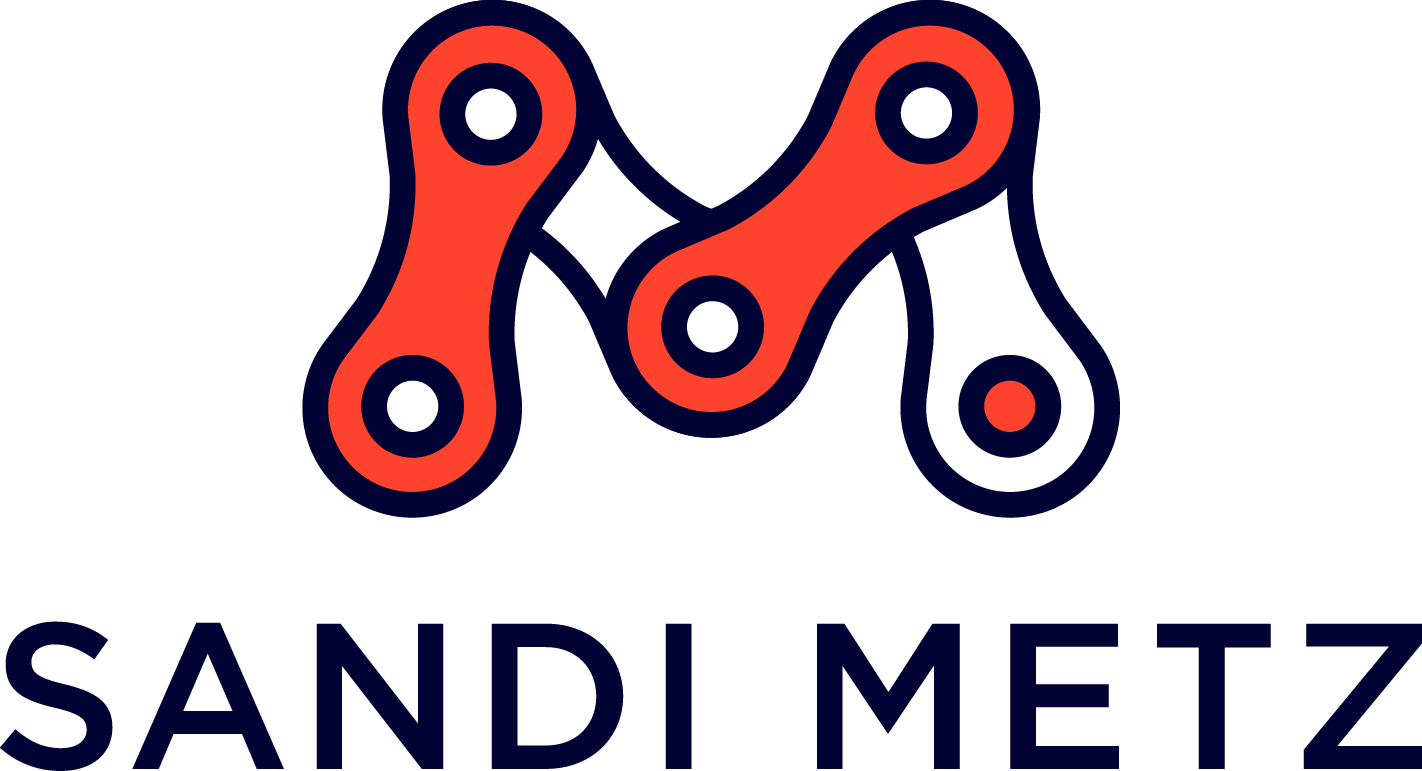Practical Object-Oriented Design Courses
My popular POOD-I class is now available as a virtual course. It’s designed for all levels of experience, from rank beginner to long-time OO practitioner.
How it works
You can take POOD-I on your own, or alternatively join a POOD-I Peer Group and work through it with like-minded others in cohorts that we organize three times a year.
These group courses run for 12 weeks, start in January, April and July, and cost nothing (Nada, Zilch) extra. I occasionally drop by, but this depends entirely on my pickleball schedule.
We are folks who need a club to make it through a technical book, and a buddy to get to the gym, so we know how motivating a group can be. Joining a Peer Group will help you get the most out of the course. Buy the course, then sign up for a Peer Group and we’ll contact you with details and a schedule.
What it’s like
POOD-I consists of video lectures paired with hands-on exercises that teach you to think in objects by writing code. The exercises require progressively enhancing code to meet ever-changing requirements.
You’ll learn to leverage the principles of object-oriented design (OOD) to minimize the costs of creating new software and mitigate the pain of maintaining existing code. If you prefer to write applications that are pleasant to work on and easy to maintain, or if you desperately need to fix applications that have escaped your control, this course is for you.
Because good OOD requires both testing and refactoring, you’ll learn refactoring techniques that speed current development, and testing skills that reduce bugs in future code.
Some of the course content has been immortalized in the 99 Bottles of OOP book (which is included), but there’s so much more. See the FAQ and POOD-I outline for more details, or just go ahead and buy the virtual course.
My teaching style is shaped by research on how we best learn, and the experience of attending these courses has been likened to “going on an incredibly useful coding vacation.” They are both worthwhile and fun.
Students from a wide range of backgrounds have benefited from these courses, from relative newcomers to seasoned veterans. It's helpful to have a smattering of Ruby and/or some exposure to object-oriented programming, but this is not required. The courses adapt to students, challenging some and guiding others.
POOD-I Virtual for Groups ($$$)
I formerly taught POOD-I for private groups, but have generally retired from teaching this four day course where I meet daily with students (see pickleball above).
If you really, really, really think you can’t live without a private POOD-I course, there’s probably some large sum that would drag me off the courts. Email human@sandimetz.com to negotiate.
“ Run, with scissors if you must, to the next offering of this course. Sandi provides a very strong dive into the pride and prejudice of object oriented design that cannot be missed.”
“Stop considering. If you program OO then this course is a no brainer.
”
“Run, don’t walk, and throw money at Sandi now! But seriously, it’s a transformative experience for any developer, and can give teams the tools to trust one another.”
“You should absolutely take this course. Set aside your preconceptions and skepticism and be open to the ideas in this course: They will dramatically improve the way you program. This has easily been the most valuable programming training experience I’ve had in the last 10 years.”
“You learn how to write code that does what it needs to do without being over-engineered. You practice how to make small, effective changes in real world ways. This is what “Agile Methodology” was meant to do.”
“This has been fantastic. I was thrilled that we could immediately start coding. I love this class.”
“Without a doubt this is the best, most useful course I’ve taken. If you write software, you need to take this class!”



